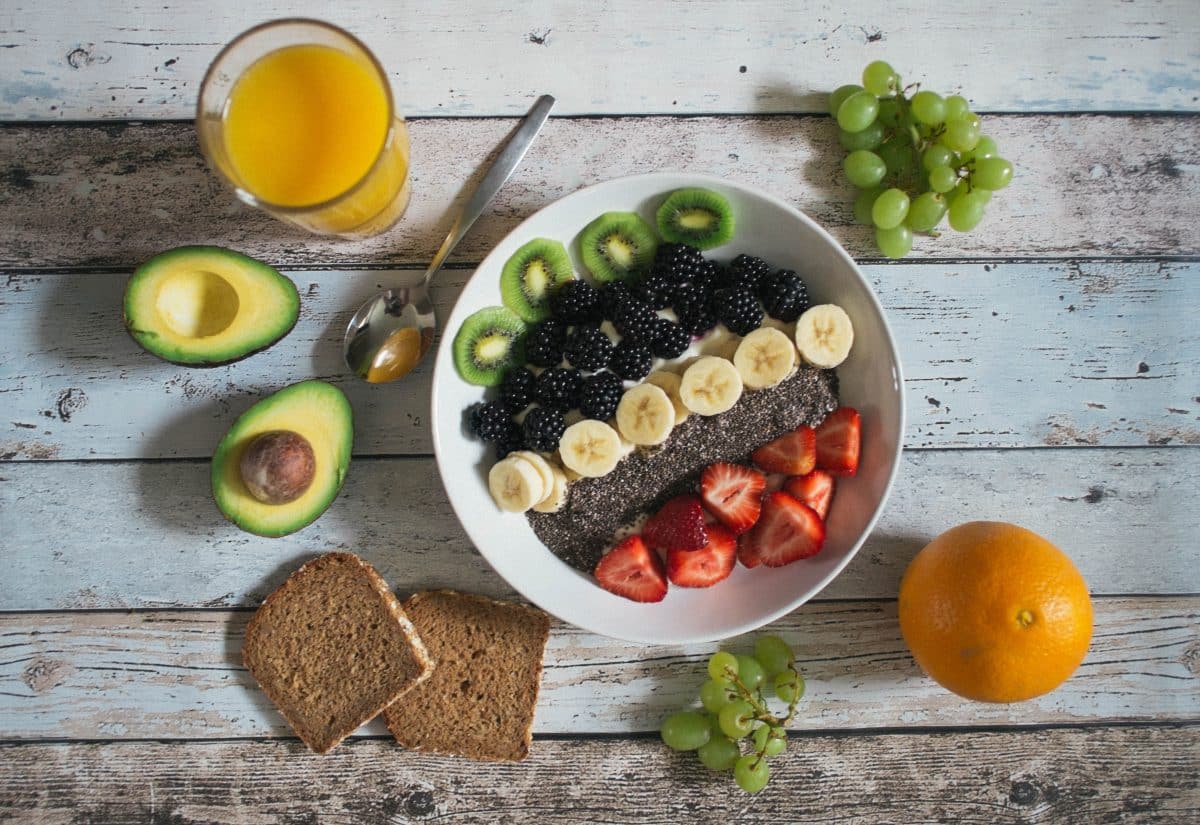Vegetarians do not eat meat, poultry, or seafood, but may consume dairy products, eggs, and honey. There are several subtypes of vegetarians. Lacto-ovo vegetarians eat dairy and eggs, lacto vegetarians eat dairy but not eggs and ovo vegetarians eat eggs but not dairy.
Veganism is a lifestyle and dietary choice that involves avoiding the use of animal products in food and other aspects of life. Vegans do not consume any meat, poultry, seafood, dairy, eggs, or honey. A vegan diet consists of plant-based foods. Vegans avoid animal products for ethical, environmental, and/or health reasons. Some vegans may choose to wear clothing made from synthetic or plant-based materials, as opposed to materials derived from animals such as leather, silk, or wool.
Vegans and vegetarians eat:
- Fruits and vegetables such as leafy greens, berries, tomatoes, potatoes, and legumes such as beans, lentils, chickpeas, peas.
- Whole grains such as brown rice, quinoa, barley, whole wheat bread, and nuts and seeds, almonds, pumpkin seeds, sunflower seeds.
- Meat alternatives such as tofu, tempeh, seitan, as well as plant-based dairy alternatives such as soy milk, almond milk, and coconut milk.
- Fortified cereals can supply nutrients like calcium, iron, and B12 that may be missing in a plant-based diet.

